
Conference Program
The program will feature a blend of keynote speakers, panel discussions, and workshops focused on the latest research and best practices in delirium care.
Keynote Speakers: Learn from experts in the field of delirium management.
Workshops: Engage in hands-on sessions to develop practical skills.
Oral and Poster Presentations:
Hear from fellow professionals and researchers presenting their latest findings.
Full Program*: Available here
*Please be aware the program is subject to change and minor modifications may occur prior to the conference.
Guest Speakers
We are excited to welcome a number of excellent guest speakers for our 2025 conference. Please see the conference program for a full list of plenary and symposium speakers.
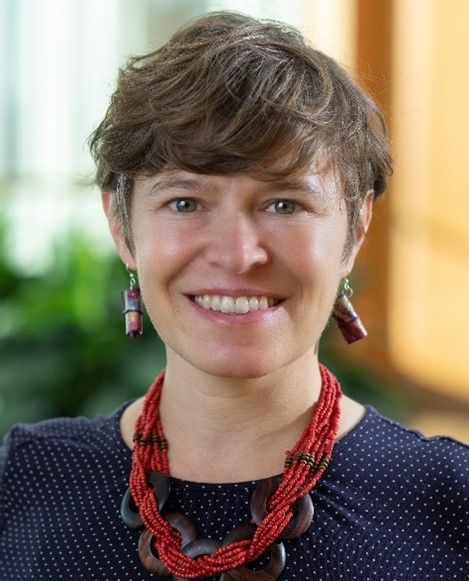
A. Prof Heidi Lindroth
Heidi Lindroth is an Assistant Professor and Senior Associate Consultant at Mayo Clinic. She is trained in agile science with expertise in implementation science, neuroscience, aging research, and Artificial Intelligence. Her vision is a world without delirium.
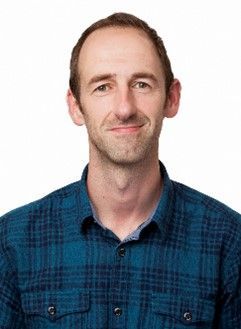
Dr. Colm Cunningham
Dr Colm Cunningham is an Associate Professor in the School of Biochemistry and Immunology in Trinity College Dublin, whose main research interest is to unravel interactions between the immune system and the nervous system.
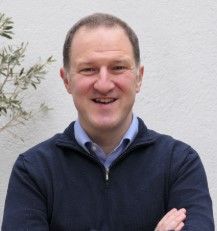
Professor Adam Gordon
Adam is Professor of Care of Older People at the Academic Centre of Healthy Ageing, Queen Mary University of London and Barts Health NHS Trust. He is a clinical academic geriatrician with a focus on implementing evidence-based models of care to improve health outcomes for older people living with frailty.
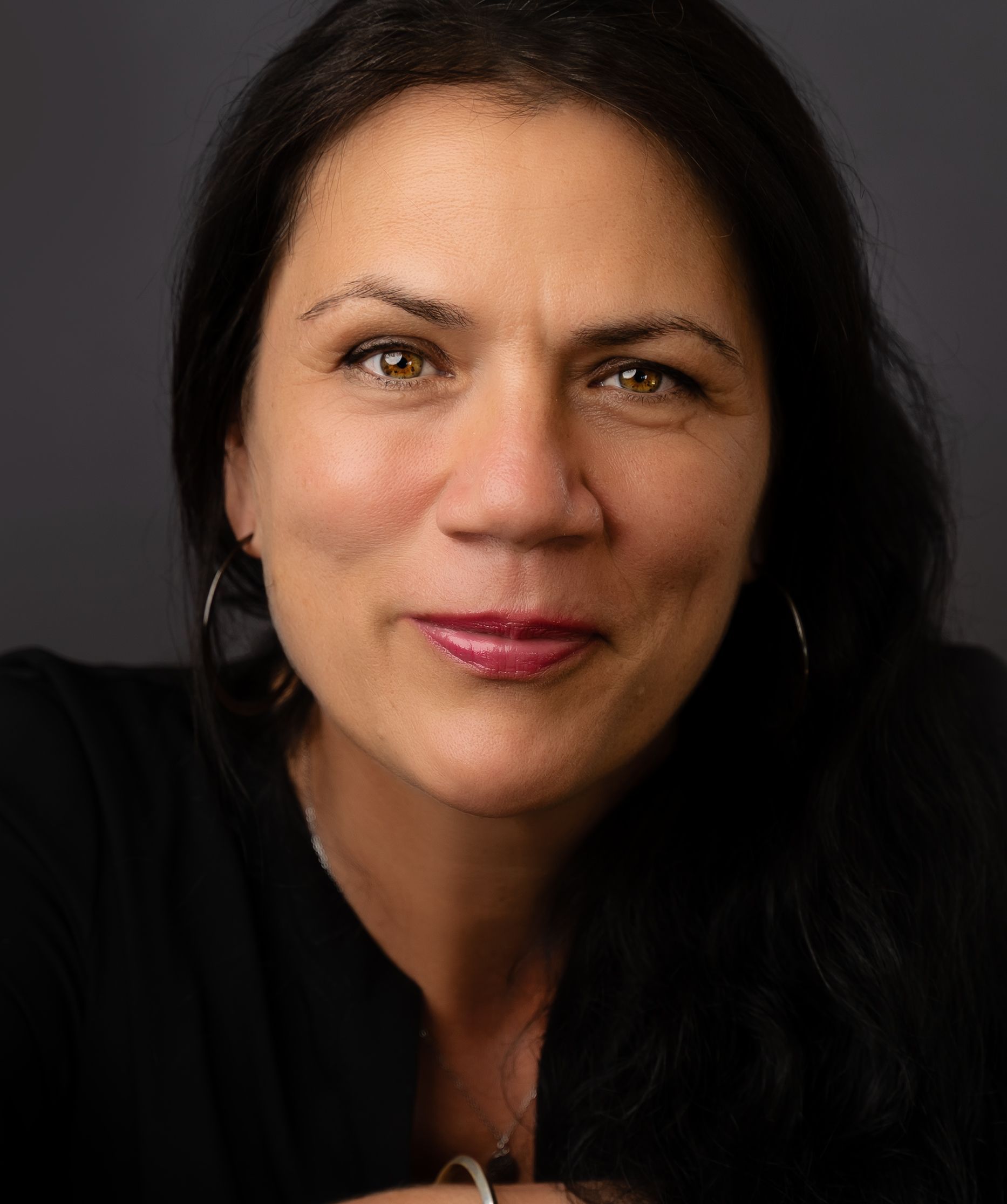
Ms Bridget Riggs
Ms Riggs has over 20 years’ clinical experience and is passionate about culturally informed innovation to improve health care around changes of behaviour and cognition. Ms Riggs has expertise in both Aboriginal and Torres Strait Islander and multicultural consumer engagement, and improving health by translating research into action.
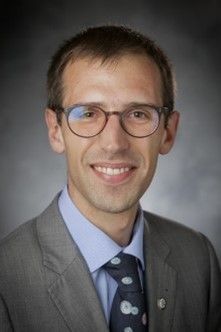
Dr Niccolo Terrando
Dr. Terrando’s research is centred on perioperative cognitive outcomes, particularly postoperative delirium, and this pathology intersects with aging and neurodegeneration. His laboratory is funded by the National Institute on Aging and his mission is to define the underlying mechanisms leading to postoperative delirium and to develop safe strategies to resolve neuroinflammation in the perioperative setting.
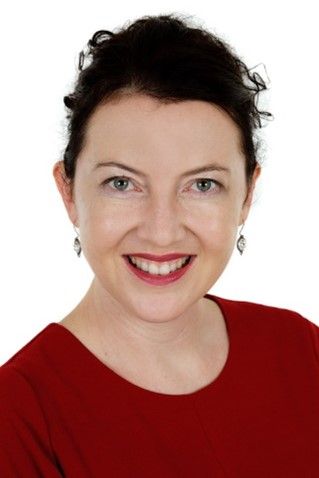
Dr Lina Groenewald
Dr Lina Groenewald is an old age psychiatrist working at Middlemore Hospital in Auckland, Aotearoa New Zealand. The absence of community support
for people with delirium and their family caregivers, led to her interest in developing delirium follow-up services at Counties Manukau – one of the most ethnically diverse populations in New Zealand. In 2024, she was awarded a grant by the Health
Research Council of New Zealand to develop best practice care pathways for people with delirium In New Zealand.
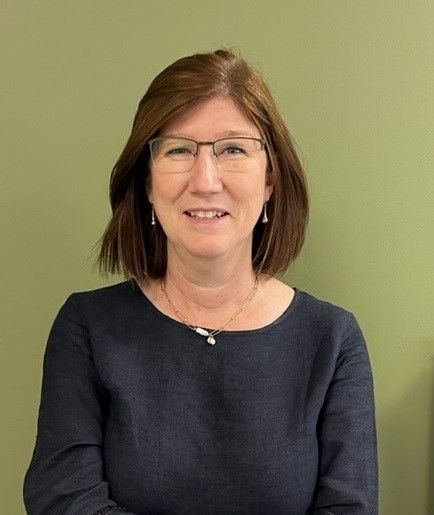
Jacqueline Close
Jacqueline Close is a clinical academic in the area of falls and injury research and care of older people in the surgical setting.
She is the co-founder and current co-chair of the Australian and New Zealand Hip Fracture Registry, co-author of the ANZ Hip Fracture Guideline and Chair of the expert working group informing the ANZ Hip Fracture Clinical Care Standard.
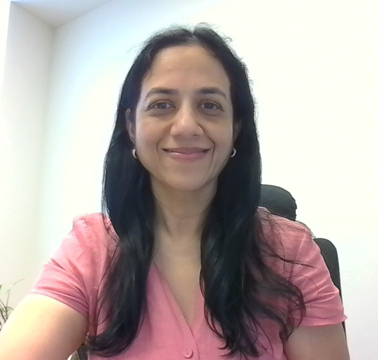
Dr Bharathi Balasundaram
Dr Bharathi Balasundaram is a Senior Consultant in Old Age Psychiatry at Changi General Hospital (CGH) in Singapore.
Dr Balasundaram's clinical and research interests include delirium, dementia, patient safety, and the mental and physical health interface in older adults. She is passionate about providing excellent clinical care and was awarded the Singapore Health Quality Service Star in 2024.
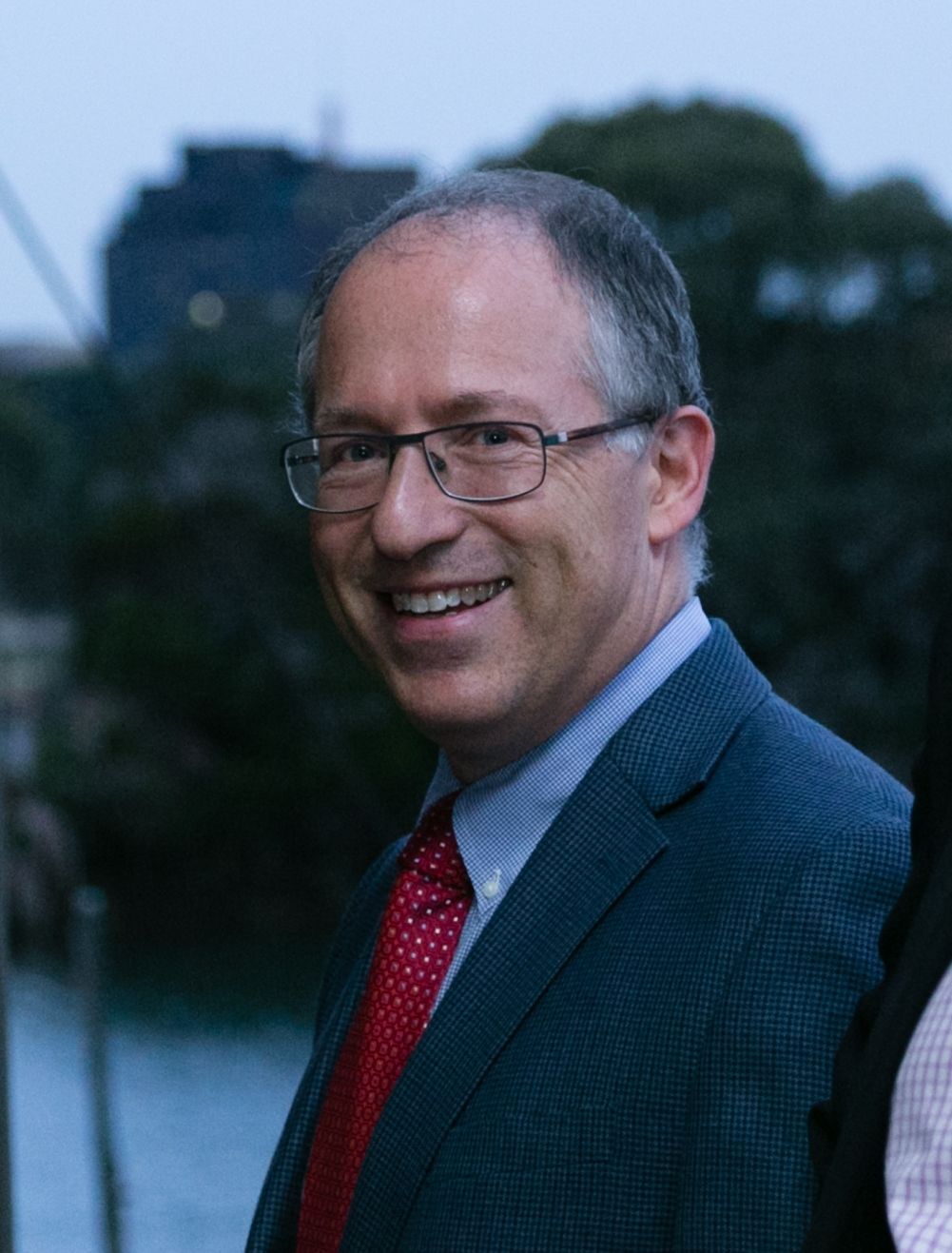
Prof Gideon Caplan
Prof Gideon Caplan is Director of Geriatric Medicine at Prince of Wales Hospital and ex-President for 12 years of the Australasian Delirium Association and, before that, he was President of the Hospital in the Home Society of Australia.
Prof Caplan discovered a novel metabolic derangement in the brain during delirium which has demonstrated great promise in early therapeutic trials.
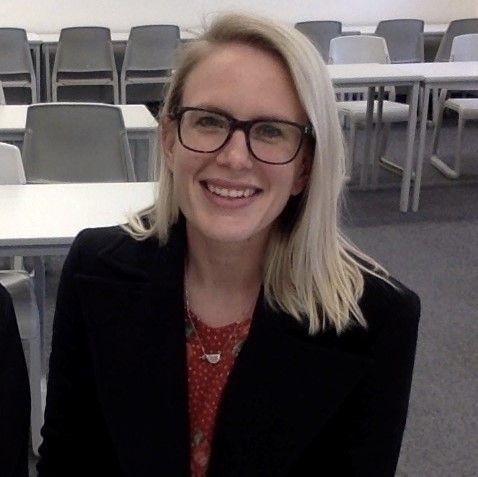
Dr Amy Montgomery
Dr. Amy Montgomery is an aged care nurse practitioner and postdoctoral research fellow at IMPACCT, UTS. Amy is the secretary and a board member of the ADA. Amy's PhD evaluated delirium educational interventions, using Objective Structured Clinical Examinations (OSCEs), to enhance the self-efficacy, knowledge, and clinical practice of undergraduate medical students and post-registration nurses. Amy's research has led to the development of 'The Foundations of Delirium Workshop' an interprofessional group- OSCE delirium educational intervention which has been delivered nationally as part of the ADA.

A. Prof Gen Shinozaki
Gen Shinozaki, MD, is an associate professor of Psychiatry and Behavioral Sciences at Stanford University. His current research interests include epigenetic investigation of pathophysiology and treatment response of delirium. He recently won the Wayne Katon Research Award from the Academy of Consultation Liaison Psychiatry for his innovative work on development of a point-of care bispectral EEG (BSEEG) device to screen delirium and to predict patient outcomes including mortality, as well as for his trailblazing work on epigenetic investigation of delirium pathophysiology.
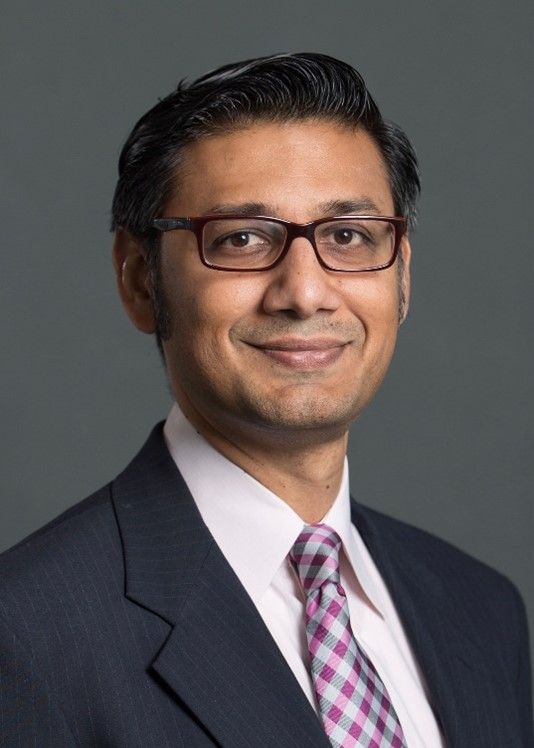
Dr Babar Khan
Dr. Khan is a Professor of Medicine, Floyd and Reba Chair of Respiratory diseases, and a Research Scientist at Regenstrief Institute, Inc. He is the Associate Director of the Indiana University Center for Aging Research and the medical director of the Critical Care Recovery Center. He is an active proponent of geriatricizing the ICU at Indiana University with added emphasis on integrating care of critically ill older adults in the fellowship curriculum and development of ICU and post-ICU care models for older ICU survivors of delirium.
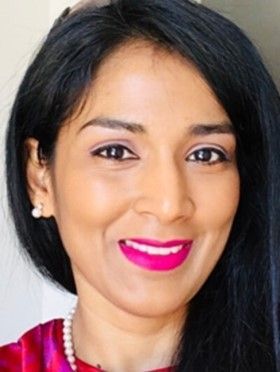
Dr Petal Abdool
Dr. Petal S. Abdool is a Geriatric Staff Psychiatrist at the Centre for Addiction and Mental Health and a Consultation-Liaison Geriatric Psychiatrist at Providence Healthcare. Her area of research is simulation in medical education with a special focus on immersive technologies.
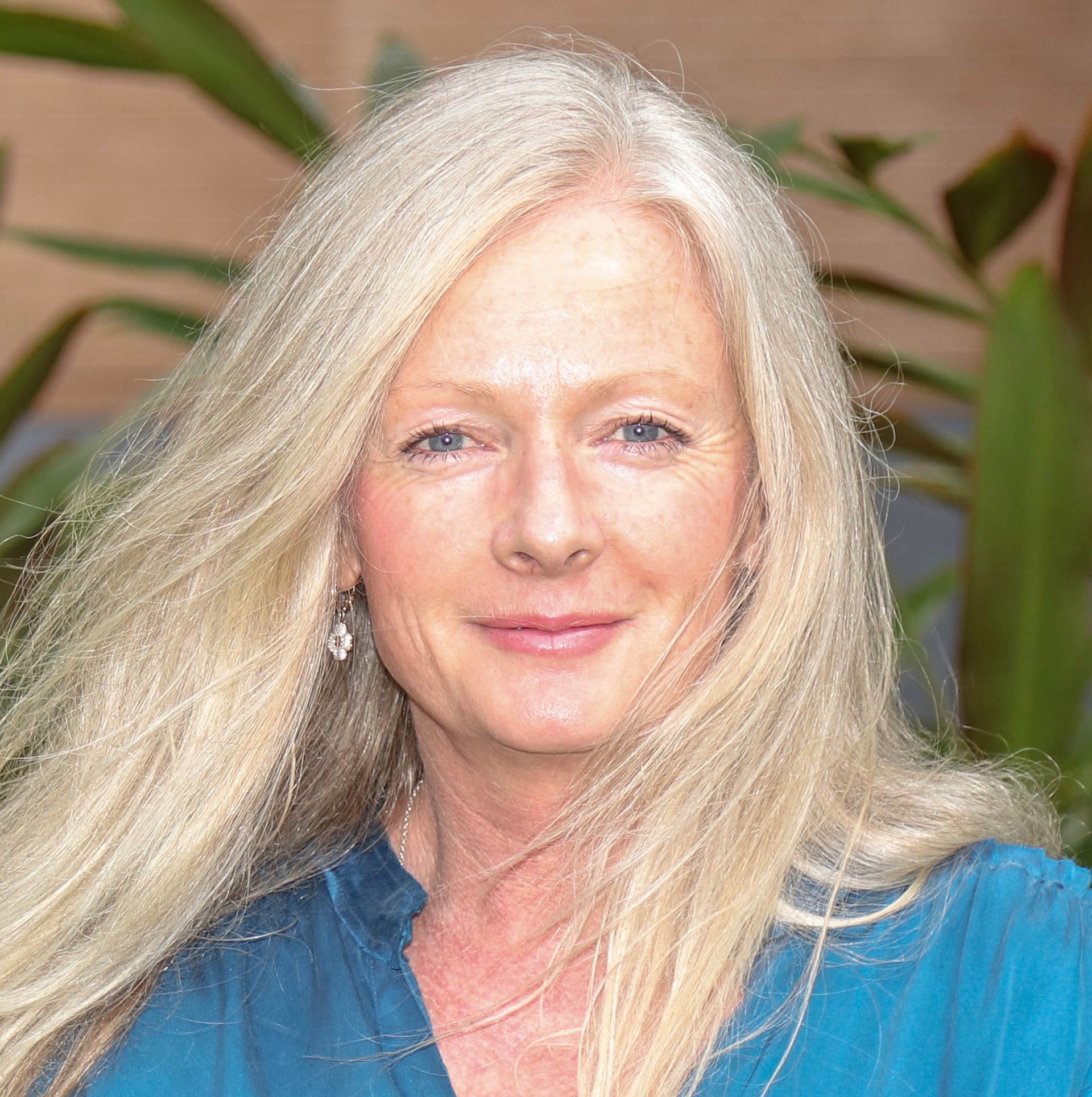
A/Prof Annmarie Hosie
Dr Annmarie Hosie is Academic Chair of Palliative Care Nursing at the University of Notre Dame Australia. Her goal is to improve delirium care and outcomes for older people in hospital, especially near the end of life.
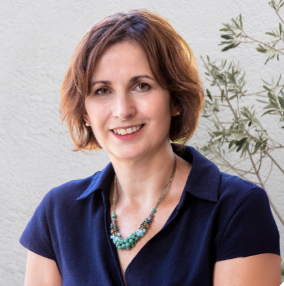
Professor Liz Sampson
Liz is an inaugural chair in the QMUL/Barts Health Academic Centre for Healthy Ageing (ACHA) and a highly experienced clinical academic with an international reputation, focusing on conditions such as delirium, dementia, and cognitive frailty in acute hospital patients. Professor Sampson will be presenting a plenary talk on the theme of delirium as a public health emergency.
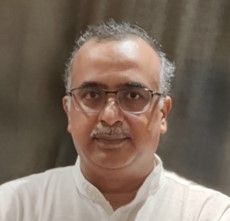
Professor Sandeep Grover
Professor of Psychiatry at the Post Graduate Institute of Medical Education and Research, India
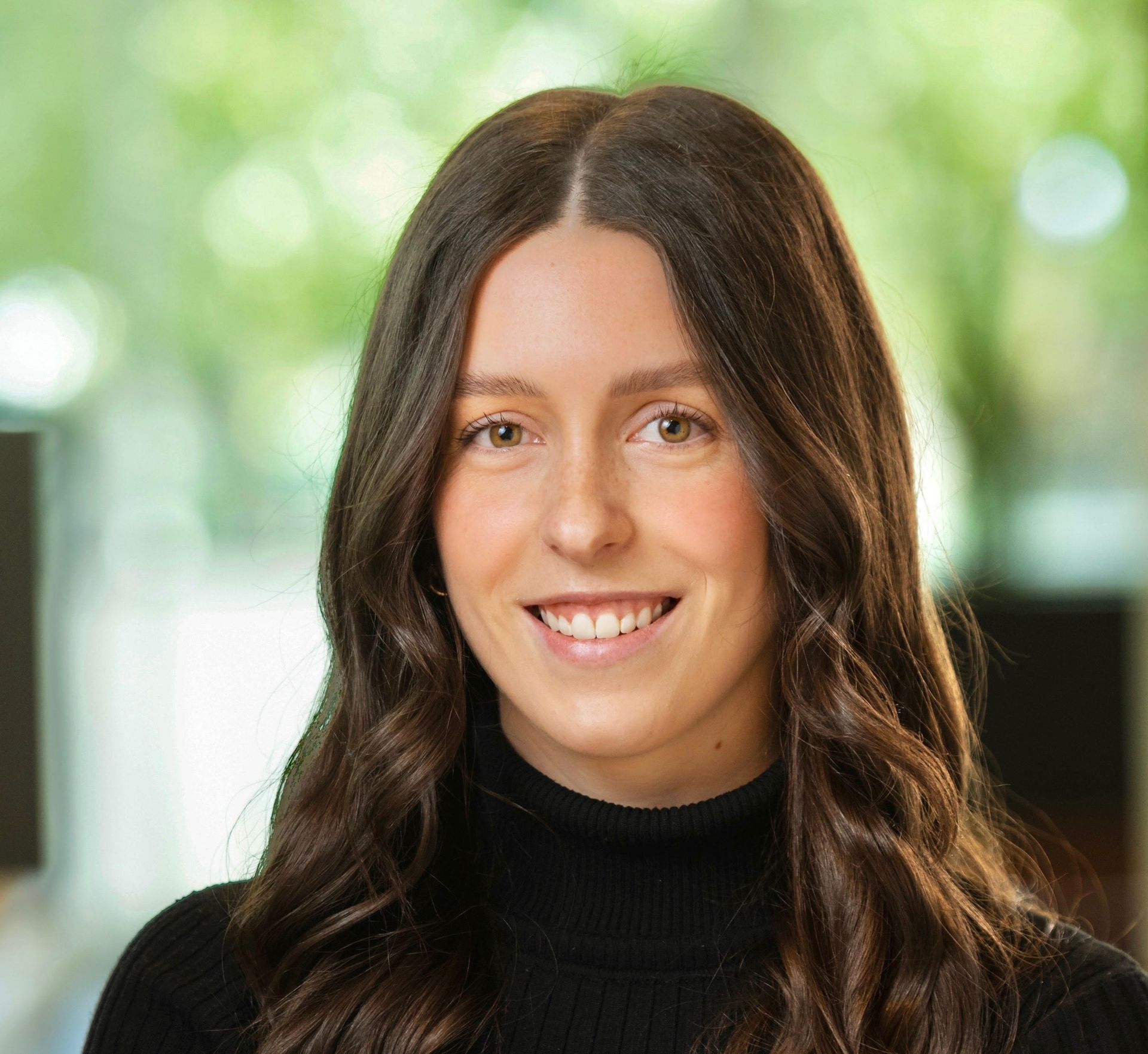
Dr Monique Boord
Dr Monique Boord is an early career cognitive neuroscientist and Research Fellow at Flinders University. Dr Boord’s doctoral research focus was delirium pathophysiology and electroencephalogram (EEG) biomarkers of vulnerability to delirium and its subtypes. Dr Boord’s research interests include delirium pathophysiology and prevention, dementia, and ageing broadly.
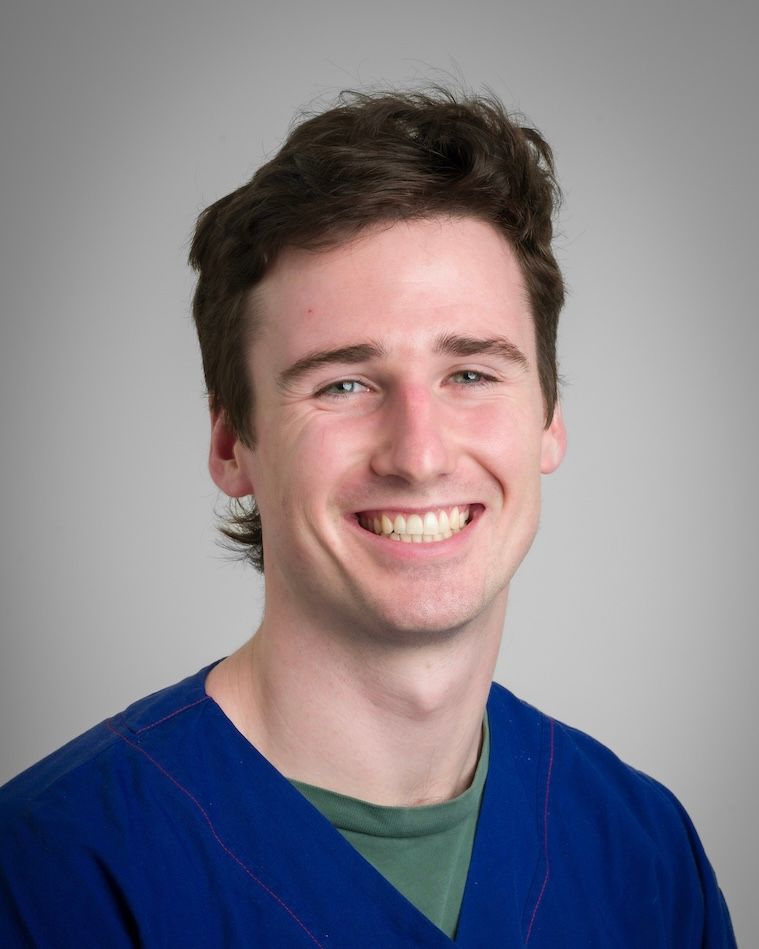
Dr Thomas Payne
Dr Thomas Payne is a medical resident at Royal Prince Alfred Hospital (Sydney) and PhD candidate at the University of Sydney in the field of perioperative neurocognitive disorders. He has a particular research focus on the biostatistical methods for modelling cognitive decline and the impact of acute insults (e.g., delirium and sepsis) on long-term trajectories.
Preconference Workshops
Pre-conference Workshop 1
Foundations in Delirium
The Foundations of Delirium Workshop is an interactive, interprofessional workshop facilitated by leading delirium experts and consists of two parts: (1) a series of lecturers, and (2) interprofessional group simulation sessions. The interprofessional group simulation sessions will provide hands on experience in delirium assessment, treatment, management and communication. The workshop provides the opportunity to learn from and collaborative with members of the healthcare team.
Pre-conference Workshop 2
Pathophysiology in Delirium
The Pathophysiology in delirium workshop will feature the latest research in the pathophysiology of delirium. This session explores cutting-edge findings on neuroinflammation, neurotransmitter imbalances, and emerging biomarkers. Join us to uncover how these advancements enhance our understanding of delirium’s mechanisms and shape innovative strategies for its detection, prevention, and management in clinical practice.
Pre-conference Workshop 3
Research in Delirium
Join us for the Delirium Research Workshop, designed to empower early-career researchers with invaluable mentoring and guidance. Led by Dr. Meera Agar, esteemed director of the IMPACCT Institute, this interactive session features mock grant interviews for all submitted proposals and mentor-led discussions on research success and career development. Don’t miss this opportunity to refine your skills, gain insider tips, and advance your career in delirium research!
Contact us
Email: info@delirium.org.au